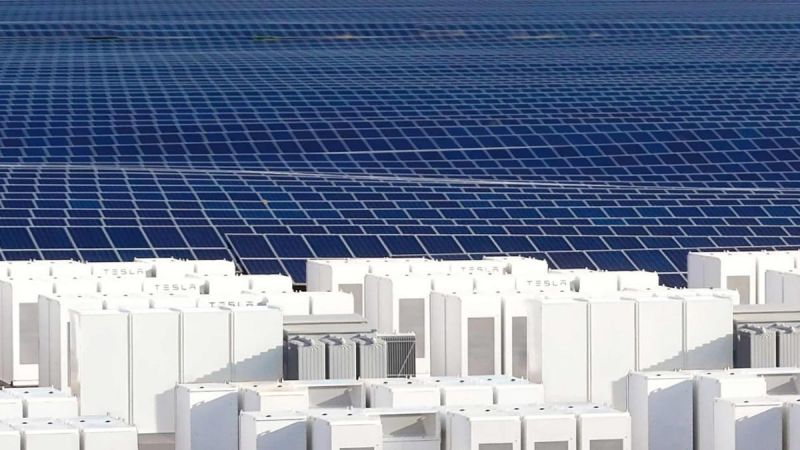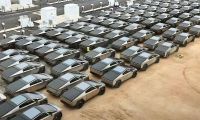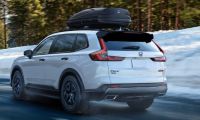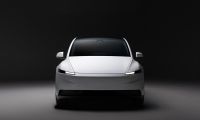The Tesla Megapack is an All-in-One System: every Megapack arrives pre-assembled and pre-tested in one enclosure from the Gigafactory - including battery modules, bi-directional inverters, a thermal management system, an AC main breaker and controls. No assembly is required, and all you need to do is connect Megapack’s AC output to your site wiring.
The Megapack isn’t Tesla’s first venture into large-scale energy storage products. Their previous product, the Powerpack, has already been deployed in multiple locations, most notably in South Australia, where Tesla built the then-largest lithium-ion storage system in the world. This 100-megawatt (MW) project in Australia provides significant benefits to the local grid; as of the end of 2018, the project had reduced costs associated with stabilizing the grid by nearly $28.9 million. The Tesla Megapack can store 14 times more energy than the Powerpack, which has a capacity of only 210 kWh per unit. Importantly, this means that Tesla can save money on large-scale storage installations: installing a single Megapack unit will likely cost less than installing 14 Powerpacks, and will take less time as well.

In order to illustrate a little bit more, the Tesla Megapack has a maximum energy capacity of 3 megawatt-hours (MWh), equivalent to 3,000 kilowatt-hours (kWh). The Powerwall has 13.5 kWh of usable capacity, which means that the Megapack can store more than 200 times the energy of a single Powerwall.
According to the official press release (as of yesterday, September 28th), Arevon Energy has secured a 2 GW/6 GWh supply of Tesla Megapack to support its growing utility-scale storage portfolio through a master supply agreement. By the end of 2021, Arevon will have overseen construction and operation of 250 MW/1,000 MWh of battery energy storage systems deploying the Tesla Megapack at sites in California and Nevada. To give a broader view, at a national level the demand for stationary batteries has increased substantially. A September 2021 forecast from Wood Mackenzie estimates that the U.S. energy storage market will grow to 35 GWh a year by 2026 and be worth $8.9 billion. This agreement ensures that Arevon has the ability to execute on storage assets planned to deploy in the next few years.

Tesla Megapack has been selected to support the Falcon portfolio, a joint undertaking of Arevon and energy company Tenaska, to develop standalone storage projects in California load centers over the next four years. These facilities can be configured to provide up to four hours of battery-delivered energy during peak times of day. Well-sited standalone battery systems improve local reliability and can be used to prevent grid outages.
Tesla’s website advertises the Megapack as being capable of “giga-scale projects”, meaning that the Megapack can be used in developing grid-tied storage systems in excess of 1 Gigawatt-hour (GWh) of energy capacity: that’s enough energy to power every home in San Francisco for 6 hours straight. The Tesla Megapack debuted in the form of a 1.2 GWh storage project in PG&E territory in California, at Moss landing on Monterrey Bay. The project (which was approved in late 2018) uses 449 individual Megapacks; a battery system of this size can help utilities handle peak electricity demand and replace gas peaker plants that currently support the grid during times of high demand.
Well done for Tesla and Arevon Energy, as it is good for them from a financial point of view, but more importantly, it is good for the environment in terms of sustainability.
Nico Caballero is the VP of Finance of Cogency Power, specializing in solar energy. He also holds a Diploma in Electric Cars from Delft University of Technology in the Netherlands, and enjoys doing research about Tesla and EV batteries. He can be reached at @NicoTorqueNews on Twitter. Nico covers Tesla and electric vehicle latest happenings at Torque News.
Set as google preferred source











